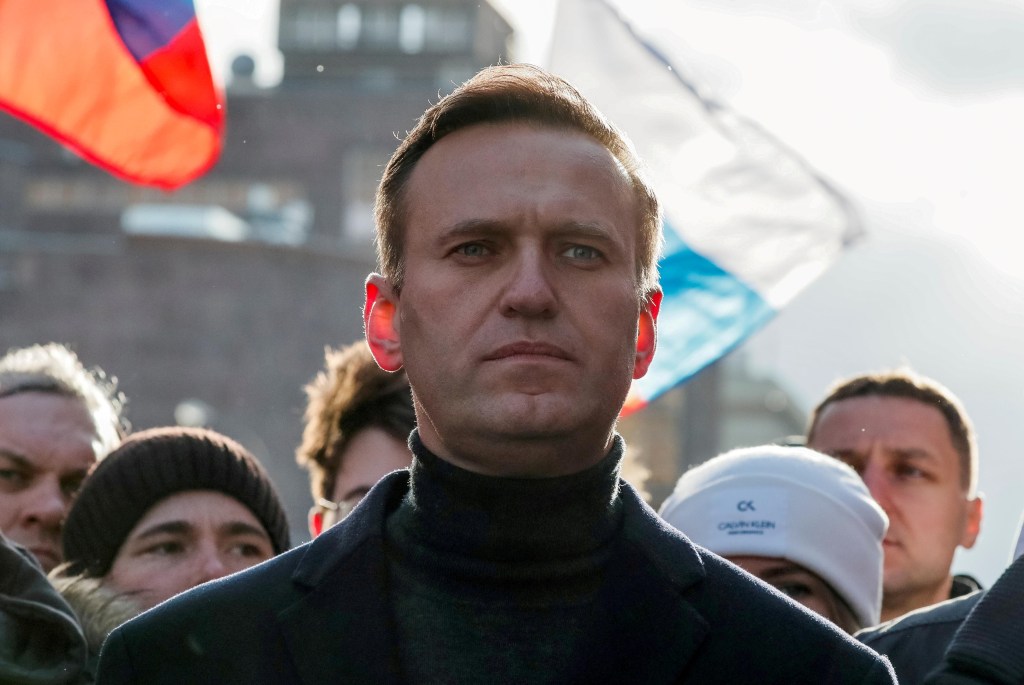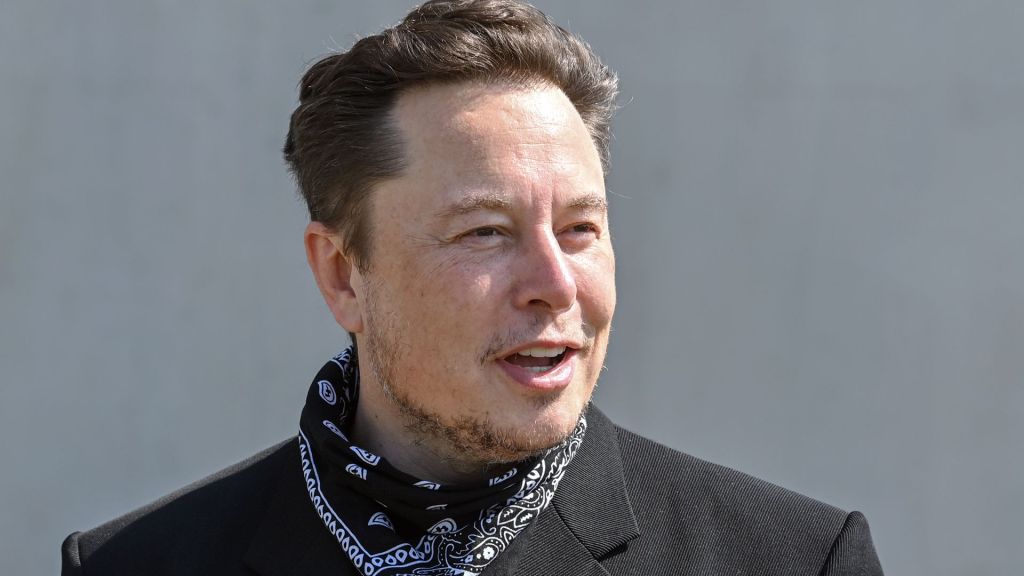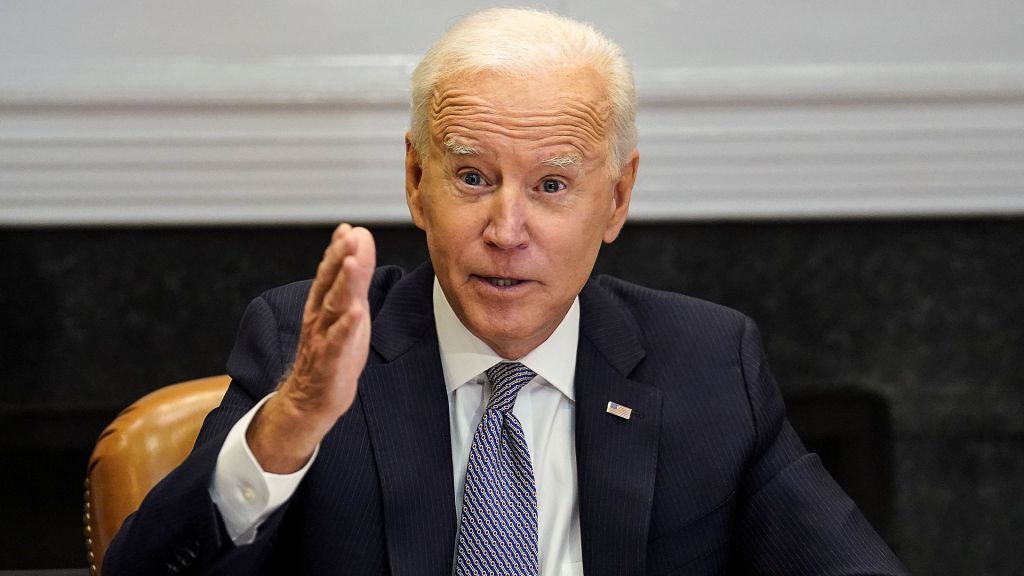One year from the day Russian opposition leader Alexei Navalny was poisoned, the United States announced additional sanctions against Russia.
Friday’s announcement came from the U.S. Department of the Treasury’s Office of Foreign Assets Control (OFAC) and the U.S. Department of State. OFAC sanctioned nine Russian individuals and two Russian entities involved in either Navalny’s poisoning or Russia’s chemical weapons program. And, the Department of State sanctioned two Russian Ministry of Defense labs that have worked to develop Russia’s chemical weapons capabilities.
The U.S. isn’t the only one sanctioning Russia. “We stand with our ally, the United Kingdom, to again condemn the Kremlin’s use of a chemical weapon to target one of Russia’s most prominent opposition leaders,” OFAC Director Andrea Gacki said in a press release. “Navalny’s poisoning was a shocking violation of international norms against the use of chemical weapons and was part of an ongoing campaign to silence voices of dissent in Russia.”
Meanwhile, German Chancellor Angela Merkel called for Navalny’s release from prison while she was visiting Moscow Friday.
The Treasury Department said this is the second time it has sanctioned Russia this year. Back in March, the department sanctioned seven Russian government officials for their involvement in the poisoning. Before the poisoning, in 2018 OFAC sanctioned several more Russians in response to the attempted assassination of former Russian military intelligence officer Sergei Skripal in the UK.
From prison, Navalny marked the anniversary by urging global leaders to put more attention on combating corruption. In an article published in three European newspapers, Navalny called out Western leaders for relegating the fight against corruption to a “secondary agenda” item. He said this led to what we are seeing in Afghanistan.
“It is precisely the fact that the West ‘failed to notice’ the total corruption in Afghanistan – that Western leaders preferred not to talk about a topic they found embarrassing – which was the most crucial factor in the victory of the Taliban,” Navalny wrote.
Navalny’s poisoning was one of the subjects discussed during President Joe Biden’s meeting with Russian President Vladimir Putin back in June.







